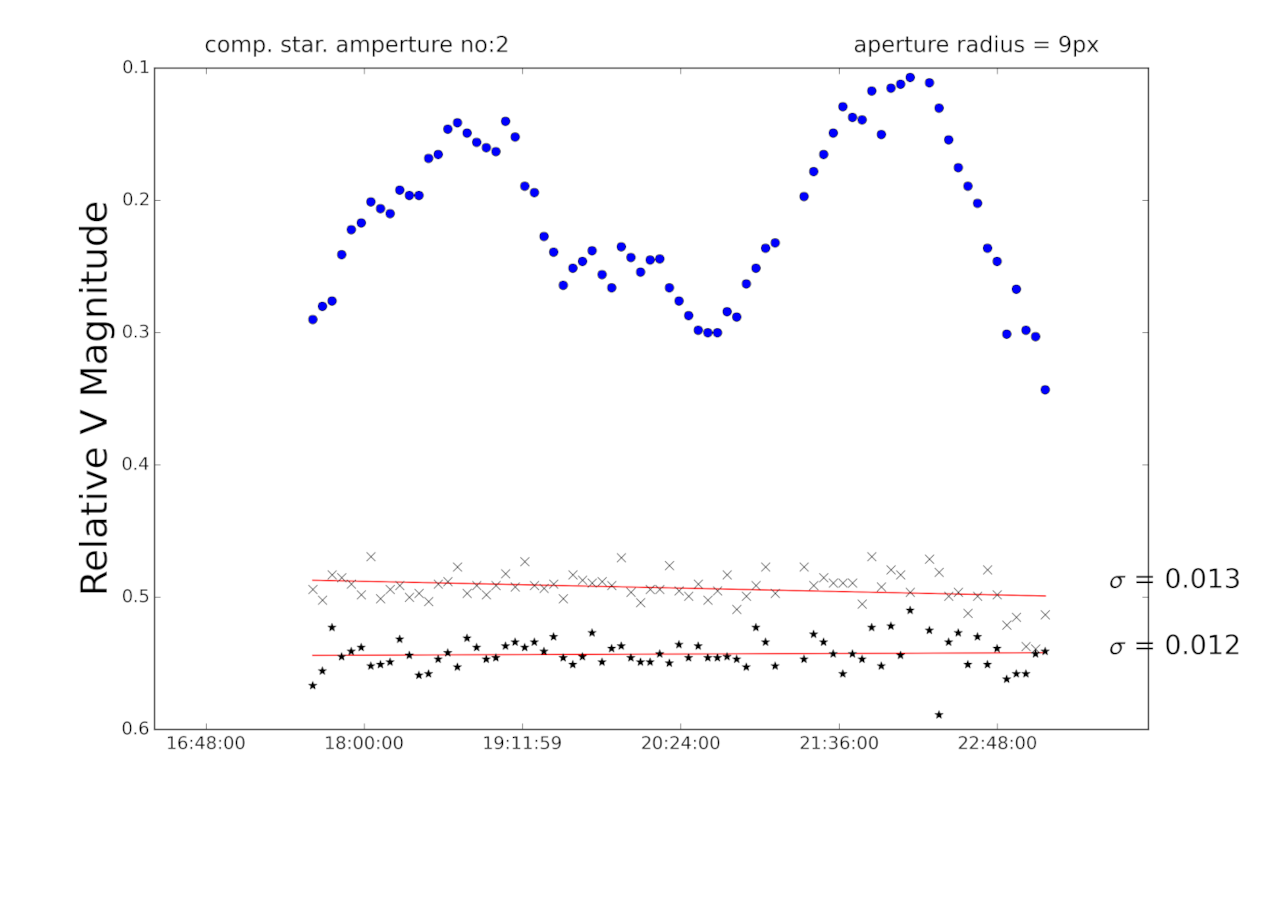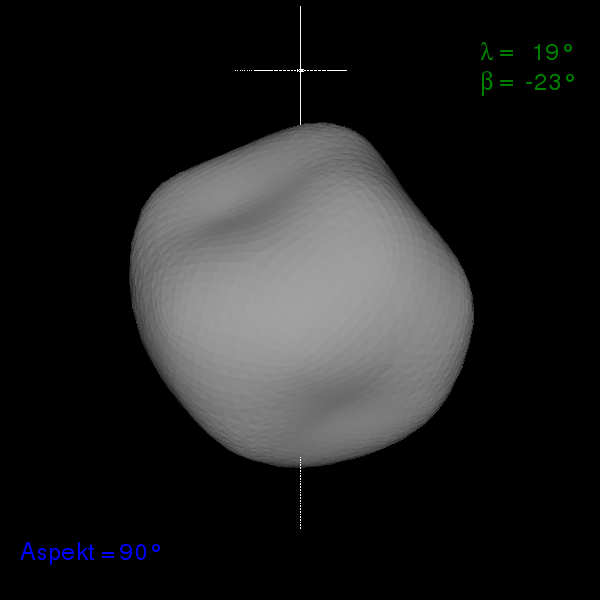- 1Adam Mickiewicz University, Astronomical Observatory Institute, Department of Physics, Poland (edyta.podlewska-gaca@amu.edu.pl)
- 2University Institute of Physics Applied to Sciences and Technologies, Universidad de Alicante, 03690 San Vicente del Raspeig, Alicante, Spain
- 3Institut de Ciéncies del Cosmos (ICCUB), Universitat de Barcelona (IEEC-UB), Carrer de Martí i Franqués, 1, E-08028 Barcelona, Spain
- 4(IFAC-CNR, Via Madonna del Piano 10, 50019, Sesto Fiorentino, Italy; Dipartimento di Fisica, Università di Padova, Italy;
We are presenting online tools for asteroids studies: the Ground-based Observational Service for Astroids (GaiaGOSA) (Santana-Ros et al., 2016) and Interactive Service for Asteroid Models (ISAM) (Marciniak et al., 2012). Both tools are used by both: amateur and proffesional astronomers. Nowadays, small telescopes are commonly used and they are located all over the world. This is a perfect situation for coordination of the observing campaigns and observations of space and time critical events. The service allows to upload raw observations taken by means of small telescopes.
The GaiaGOSA service is an online tool dedicated for amateur observers who want to support professional researchers in asteroid studies. The service is hosted in Astronomical Observatory Institute at Adam Mickiewicz University and all data are processed by researchers working there. There is always a list of objects visible from each location in the whole globe. Using developed tools observers can create an observing plan and establish the best strategy for observations. After taking observations the data are uploaded to the service and processed. Outcomes are presented in the GaiaGOSA (see Fig. 1), and the results are used for further studies of physical properties of asteroids. GaiaGOSA can be found at the website: gaiagosa.eu. GaiaGOSA provides a clear tutorial and a constant technical support for observers.
 Fig1. An example of the lightcurve obtained by GaiaGOSA Observer.
Fig1. An example of the lightcurve obtained by GaiaGOSA Observer.
On second presented tool ISAM, one can choose a polyhedral asteroid model and display its orientation for any requested date and in different modes (see Fig. 2), including stereoscopic views. One can also generate animations, both for the rotating model and the resulting lightcurve. Making predictions for the future light variations and object orientations is also possible. The latter is particularly useful in preparation of resolved observations such as stellar occultations or adaptive optics. ISAM can be found at http://isam.astro.amu.edu.pl/

Fig2. An example of the model of 89 Julia asteroid in the ISAM service.
Both services are a part of the Europlanet PARSEC Alert System (http://www.parsec-europlanet.eu), which was developped in the framework of Europlanet-2024-Ri project. The PARSEC (PlAnetaRy SciencE Collaboration tool) service is a tool for coordinating the Solar System observations for amateur observers and researchers. Parsec contains observational campaign coordination tool with alert system not only for asteroids but also for other Solar System Bodies.
References:
Santana-Ros, T. , Bartczak, P., Marciniak, a., 2016, The Minor Planet Bulletin (ISSN 1052-8091). Bulletin of the Minor Planets Section of the Association of Lunar and Planetary Observers, Vol. 43, No. 3, pp. 205-207
Marciniak A., Bartczak P. Santana-Ros T. et al. 2012, "Photometry and models of selected main belt asteroids IX. Introducing interactive service for asteroid models (ISAM)", Astronomy and Astrophysics, Volume 545, id.A131
How to cite: Podlewska-Gaca, E., Bartczak, P., Santana-Ros, T., Marciniak, A., Wilawer, E., and Langner, K.: Online services for asteroids studies , Europlanet Science Congress 2024, Berlin, Germany, 8–13 Sep 2024, EPSC2024-304, https://doi.org/10.5194/epsc2024-304, 2024.